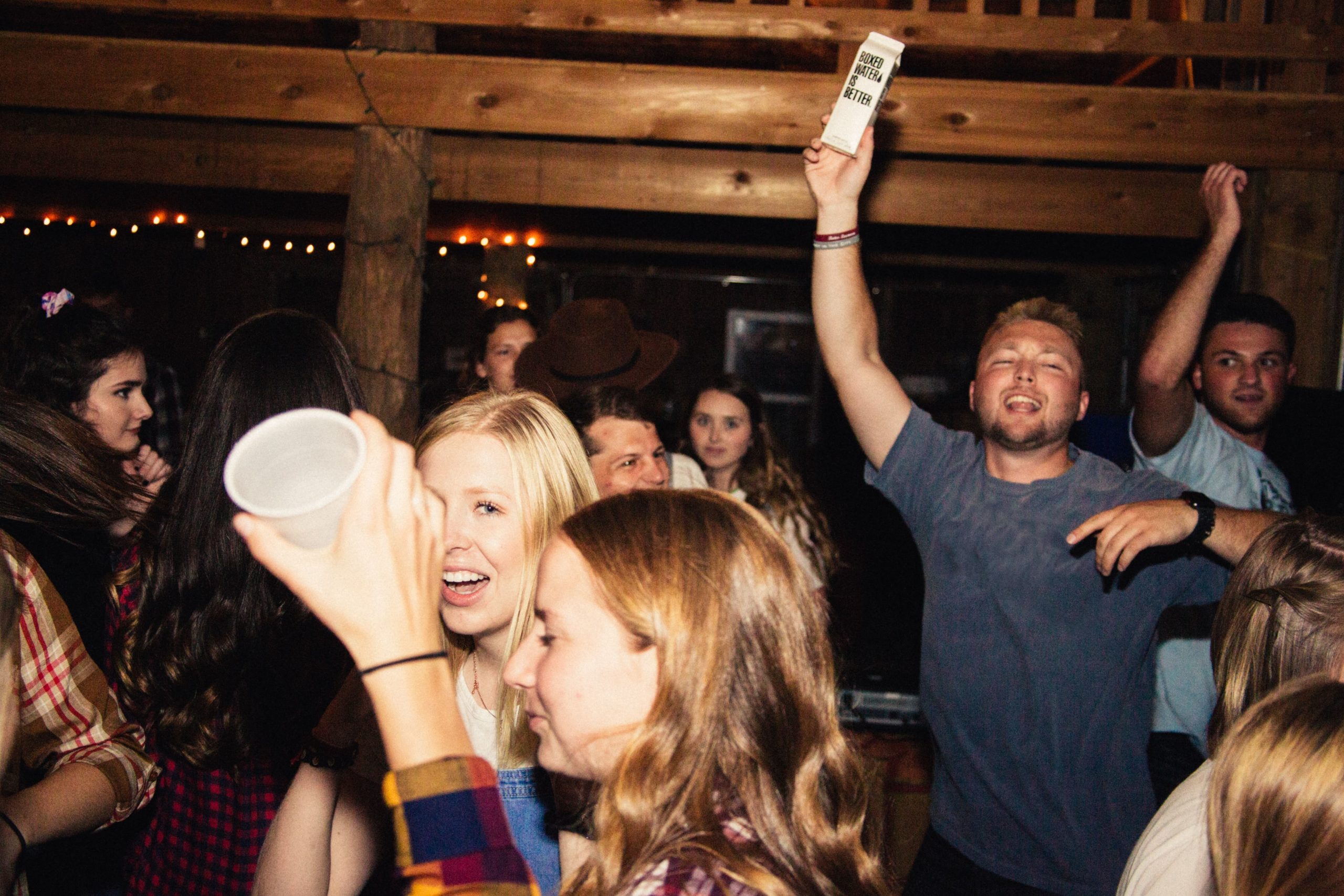Basements pumping music you don’t really like but profess to do so on a Friday night, banging on the door of the one working toilet, and swiping a half-empty lukewarm Stella towards morning- house parties. Remember them? These pretty much grounded to a halt when we entered the first lockdown. Yet, Home Secretary Priti Patel was quick to attribute the blame on them for the gargantuan post-Christmas spike in Covid. House parties, indeed, the primary reason for the UK having the world’s worst coronavirus death rate according to Patel.
To combat this, Patel announced a new fine of £800 for those attending parties of more than fifteen people. Martin Hewitt, chairman of the National Police Chiefs’ Council, stood next to Patel at the Downing Street Press Briefing and said that the police will be, ‘taking targeted action against those small few who are letting everybody down.’
In the same spirit of Matt Hancock’s September call to students to not ‘kill your gran’, Patel and the government are attempting to, once again, blame individuals for government failures. If only the same energy was directed towards Rishi Sunak’s disastrous ‘Eat Out to Help Out’ (‘Kill your Gran’) summer campaign.
The huge spike in deaths we are seeing in January, reaching nearly 2,000 is arguably a direct result of the government’s U-turn policy in the run-up to Christmas.
Johnson, channelling a bizarre Father Christmas complex, said it would be inhuman to ‘cancel Christmas’ and gave us a 3-day grace period to mix with our wider family. Then, when public and scientific pressure became unbearable, he U-turned and told us to stay at home. Transport Secretary Grant Shapps’ announcement in the previous week, pledged a £3m boost to the coach industry in order to provide 80,000 more seats for festive travellers. And so, it provided the deeply disturbing reminder that the government literally encouraged us to move around the country when the highly-infectious new strain was spreading rapidly.
Perhaps it was the school-closure fiasco that contributed to the January spike of Coronavirus. Just days before the Christmas holidays began, Education Secretary Gavin Williamson threatened legal action against schools who wanted to close early before Christmas, so the virus was left to ravage from pupils to teachers, just short of the festivities. Yet, on the real-life episode of ‘How the Other Half Live’, Eton was able to move all teaching online from the 11th December without fear of retribution after an outbreak of the virus. Of course, schools are now closed but not before twenty-four hours of being open on 4th January for Coronavirus to have one last (or, probably not) hurrah, infecting potentially millions of children and their families.
It should also be noted that this third lockdown is far less strict than the first. More businesses are open, which means that more people are travelling to-and-from work and mixing with others. ‘Covid secure’ workspaces have been presented to the public as faultless, with no reference to the virus-laden voyages to and from the supposed Covid-free Utopia’s.
Alongside the monumental failings of the £22bn Track and Trace system, riddled with claims of cronyism and corruption, its feeble offspring the Test and Trace Support Payment which, when granted gives £500 to applicants having to self-isolate – a scheme that has also failed. Three-quarters of the grant applications have been rejected, with only 12,069 people in the October-December period receiving payments. In the same period, 1,745,025 people tested positive. With an already woefully low statutory sick pay of £95.85 a week, people are choosing to go to work sick rather than face 10-14 days off without adequate income.
Yet, these examples of gross governance and incompetence speak larger structural problems in the UK. The rise of the gig economy and precarious zero-hour contracts which are disproportionately filled by the young, the working-class and People of Colour, have lulled us into a feeling of national economic security because of the ‘near full-employment’ narrative. Yet, the economy is weak and deeply entrenched with class and race inequalities, as shown by the fact that the UK’s lowest-paid workers are more than twice as likely to have lost their jobs in the Covid pandemic than higher-paid employees. Coupled with this is an NHS already on its knees after years of austerity and systematic underfunding as well as ideological contempt from successive Tory governments. This means that any slight pressure, let alone the sizeable pressure of a global pandemic, will certainly overrun it.
Fines may be a good way to deal with the minority of people who are breaking the rules, but it is wrong to say that young people, who supposedly possess an infatuation with a few tinnies and the warm glow of dimly lit house parties, are at the epicentre for the cause of all this chaos.
Olivia McGhie

